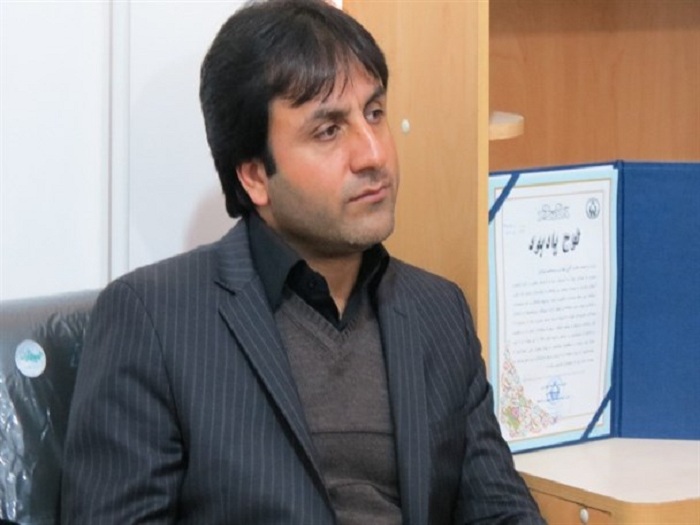Reducing interventions is in the interest of the mining sector

It seems appropriate that in order to solve the problem in the first step, the parliament should control its interventions and reduce the creation of grammatical regulations as much as possible. It also allows private sector institutions related to the mining sector and the mining industry to make decisions about their problems.
According to the International Iranian Stone Exhibition, grammatical pricing is one of the issues that has become a problem for the country's mining sector. Determining the value of minerals and related industries is considered as a kind of interference of government institutions in the process of economic interactions of the activists of this sector and limits mining activities by creating disorder. Therefore, the involvement of government institutions in economic transactions will not benefit the people as consumers as well as the productive class in the country. The iron ore and coal sector, as raw materials for the steel industry, is no exception to this rule, and most iron ore sector activists, both producers and consumers, believe that outside interference can not solve the sector's ills. For these reasons, it is expected that a suitable platform will be provided in the future for the officials and activists of the mining sector to make decisions to solve issues and problems, and the government and government institutions will also avoid entering into specialized discussions and decisions. According to some experts, the adoption of such restrictive decisions for the mining sector by government institutions, especially the Islamic Consultative Assembly, can have a political origin; In other words, one of the possible reasons for the current parliament's emphasis on policy-making in the mining and mineral industries could be a matter other than organizing in this area.
This year, the country is leading the presidential elections, and if we want to be clear, we can consider such political issues as one of the reasons for the Islamic Consultative Assembly to discuss the pricing and export of iron ore and steel. In other words, such interventions and policies of the Islamic Consultative Assembly are not unrelated to last year's presidential election, and traces of the election and factional and political behavior can be seen in this issue. In the near future, it will become clear to which group and candidate for the presidency these interventions are related and how such interventions are to be used in industrial and mining activities. For this reason, sometimes the negative consequences of such decisions and policies are not considered and only the slogan of organizing and preventing crude sales is considered.
It is noteworthy that we do not have a legislative problem in the country; This means that the existing laws and regulations in the mining and mineral industries sector will determine the policies in this area correctly and the existing problems will not be solved by the new laws. The issue goes back to the implementation of these regulations and the implementation of the laws should be examined. The issue of implementation is also outside the scope of the duties of the Islamic Consultative Assembly and the Assembly should not interfere in this matter.
It seems appropriate that in order to solve the problem in the first step, the parliament should control its interventions and reduce the creation of grammatical regulations as much as possible. It also allows private sector institutions related to the mining sector and the mining industry to make decisions about their problems. For example, for issues raised in the iron ore and steel industries, activists and experts in the field to take action to solve their problems. There is enough law in our mining and mineral industries. Therefore, by creating regulations, one cannot expect the problems of this sector to be solved. Also, such external interventions sometimes lead to further deterioration of the situation for mining activities. Therefore, by reducing these interventions, it is expected that mining and mining industry activists will be given the opportunity to work to remove obstacles. Furthermore, the power that some members of the Islamic Consultative Assembly have exercised over the ministers is unnecessary. Some delegates cause many problems with sometimes irrational confrontations, instead of helping to remove the obstacles in the industrial and mining sector of the country. Also, unfortunately, sometimes some of the opinions and decisions taken by some members of parliament are unprofessional, and in the continuation of the witness, in some cases, it has created more problems and difficulties for the classes. We hope that in the future, by solving such problems and reducing the involvement of government institutions in mining decisions, we will see the development of mines and mining industries in the country.
Seyed Mohammad Bayatian - Representative of the ninth term of the Islamic Consultative Assembly - Samat










